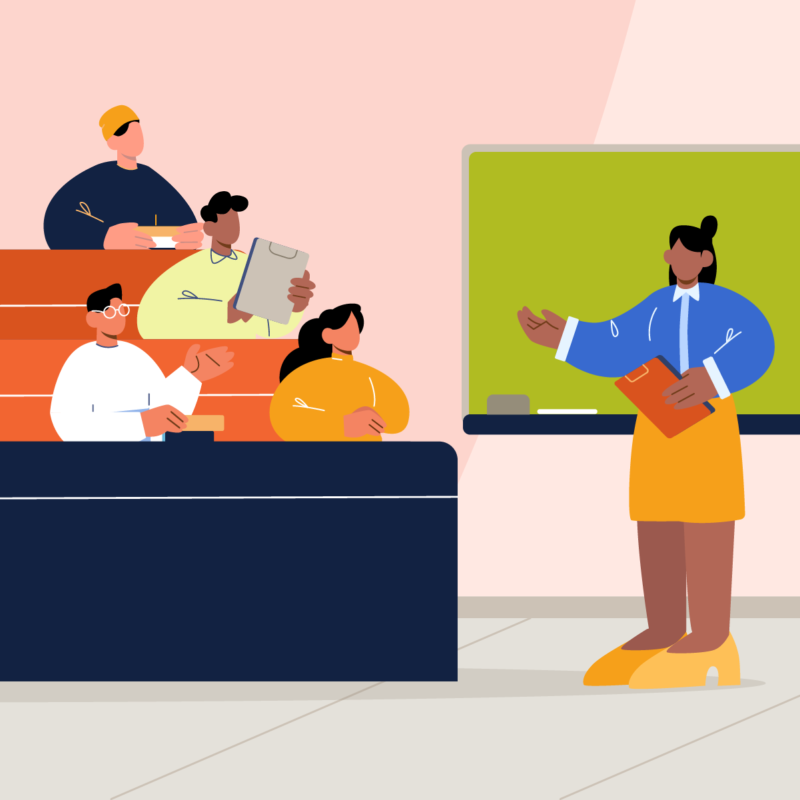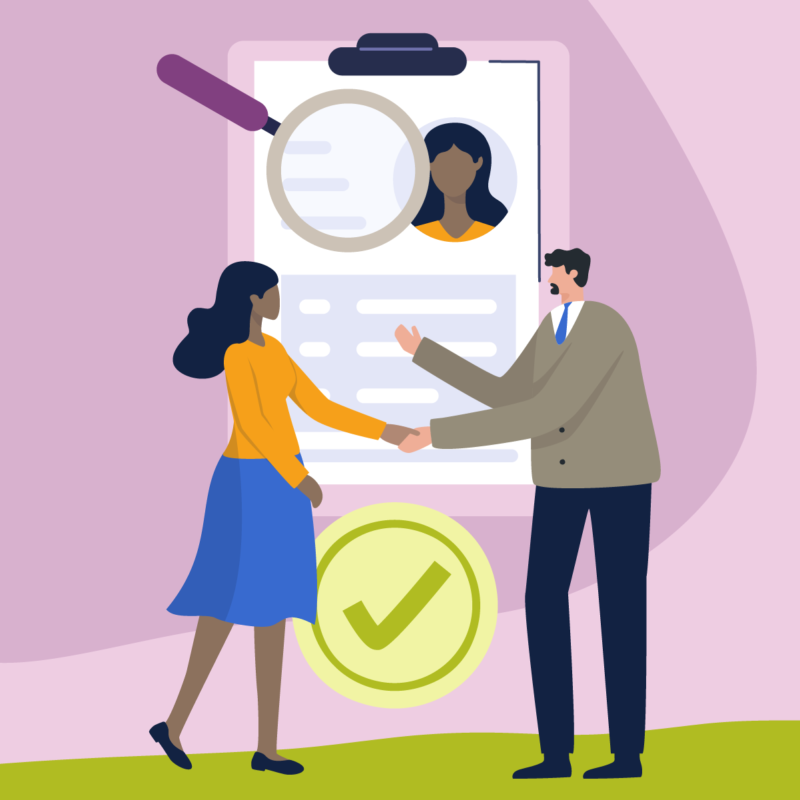
Learning Specialists to the Rescue
by Amy DiLaura, CHC Marketing Manager High school, college, and early adulthood are filled with challenges. From juggling school, extracurriculars, and friendships to planning for the future, there’s a lot to manage. When school struggles crop up, your first instinct Read more >>











